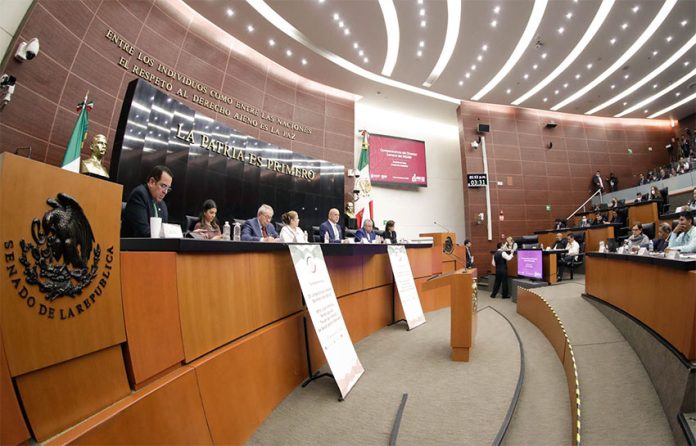On Thursday, the Senate unanimously approved a bill that modifies federal labor law to double annual leave for workers. For new employees, that would mean an increase from six to 12 days of annual paid leave after the first year of employment.
Entitled “Vacaciones Dignas Ya” (Decent Holidays Now), the bill also grants workers two days per subsequent year of service up to 20 days and, from the sixth year onward, paid leave would increase by two days for every five years of service until reaching the maximum statutory entitlement of 32 days.
The president of the Labor and Social Welfare Commission, Senator Napoleón Gómez Urrutia of the Morena party, explained that the bill seeks to guarantee more time off for rest and recreation. “Work is one of the many components of a full life. In the same way, we need free time for our personal development,” he said.
The current legislation has not been amended in 52 years, placing Mexico as one of the world economies with the shortest initial annual leave. According to data from the World Policy Analysis Center, this is only comparable with countries like Brunei, Malaysia, Uganda, the Philippines and Thailand. It is also way below the International Labor Organization’s (ILO) recommendation of at least 18 workdays based on a statutory six-day workweek.
Under the current scheme, it would take a worker in Mexico 45 years of service in the same company to equal the vacation period to which the labor force in Brazil or Panama is entitled from the first year of work.
At the same time, the World Health Organization has reported that Mexico ranks highest in the world for levels of work-related stress. These statistics go in hand with those from the Organization for Economic Cooperation and Development (OECD), which places Mexico as one of the member states with the highest working hours but one of the least productive.
The project was proposed in September by Citizens Movement party Senator Patricia Mercado and will next go to the lower house of Congress for a final vote. If approved, it will bring Mexico closer to meeting the ILO’s recommendation and could also increase productivity. “The issue at hand seeks to ensure that workers participate in productivity gains through better wages and more leisure time,” said Gómez Urrutia.
Assuming the bill goes on to become law, the new legal terms would affect all valid individual or collective work contracts at the time of the law’s entry into force, which is estimated for Jan. 1, 2023, or the day after its publication.
With reports from Forbes México, El Economista and El Canal del Congreso
